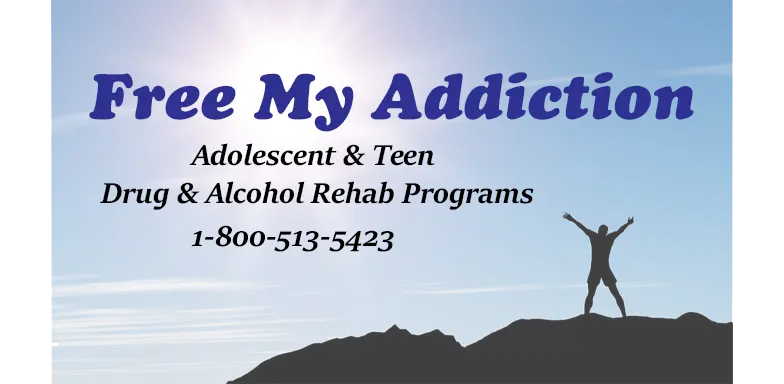Listening to Your Kids

How to react when your teen brings up drugs in the conversation
Call now for 24/7 services. 100% confidential. Insurance accepted.
When Your Teen Wants to Talk
Be prepared to drop what you are doing when your child wants to talk, even when it is not the most convenient time for you. A child or teen may finally get up the courage to discuss a tough problem, and you don’t want to miss the opportunity to connect with him through active listening.
What To Do
Be interested and attentive. Look into your child’s eyes while he or she is speaking. Forget about the telephone, the television, and whatever else you were doing. Just listen!
Don’t interrupt. Sometimes, as parents, we want to jump into the conversation with an opinion or a solution before letting our child finish talking. By being an active listener, we can help him work through an issue on his own instead of solving the problem for him.
Give your child active feedback while your child is speaking-nodding, giving verbal responses such as “I see,” etc. When our child has finished speaking, ask clarifying questions or restate what she’s said. If your child is telling you something they are enthusiastic about, for example, try to respond with similar enthusiasm.
You can help your child clarify their feelings through your active feedback by restating their thoughts or asking questions. This can help them deal with a problem or tackle a difficult task. Have them clarify, for example, why they’re avoiding their homework because they’re afraid they can’t do the math. Facing this fear will help them overcome it.
Watch for nonverbal messages. Posture, eye contact, and energy level-these can all be clues to your child’s true feelings. They may tell you school is going okay but nonverbal messages may tell a different story.
Ask open-ended questions. Avoid asking questions that can be answered with a yes or no.
Don’t talk down to your child no matter what his age. You probably know more than they do from experience alone, but don’t use this knowledge to discount their opinions. Don’t say, for example, “You’re only 14. What do you know about…?”
Follow up. Try to remember and ask about issues or events your child talked about a day or two earlier. This shows your teen that you were listening and are concerned about them.
We understand and can help your Drug Addiction. Our counselors are here 24/7 to help you find treatment for addiction and other problems that teenagers find themselves in. Give us a call today if you are looking for a teen-based drug or alcohol rehab center.
If you need help for an adult in your life Addiction No More is a locator service for treatment programs for adults.

